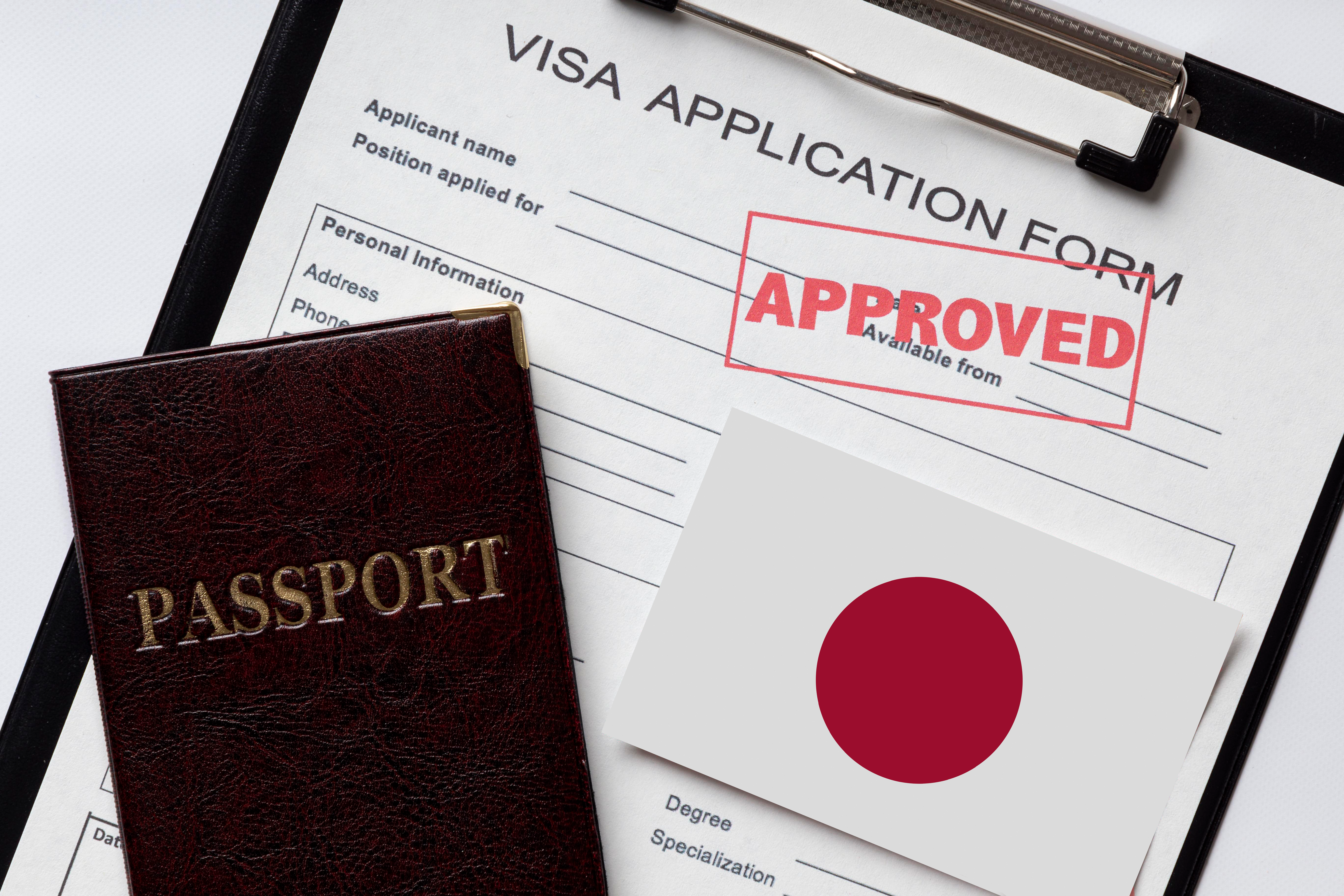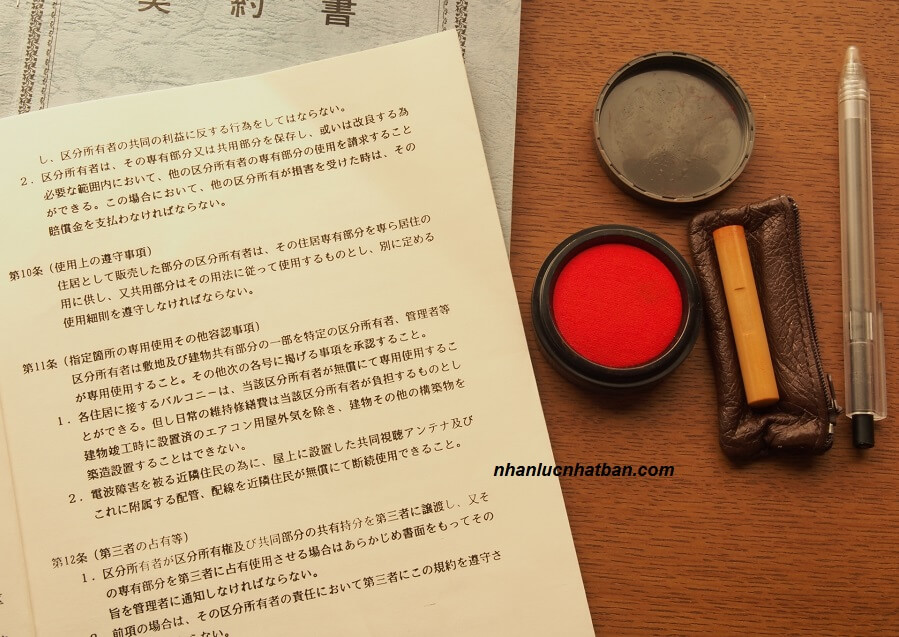What laws should you know before going to Japan? (2025 Updated)
Planning your move to Japan as an expat worker is exciting! You’re probably thinking about visas, finding accommodation, and maybe even which train lines to live near. But just like any new country, Japan has its own set of laws and customs you’ll need to understand to ensure a smooth and hassle-free experience. Knowing these can save you from unexpected situations and help you integrate more easily.
Why Knowing Japanese Laws is Crucial for Expats
Moving to a new country isn’t just about packing your bags; it’s about understanding the local rules. For expat workers in Japan, being aware of key laws related to your visa, work, daily life, and even social etiquette can make a significant difference. It helps you avoid potential legal troubles, ensures you meet your obligations, and allows you to navigate daily life with confidence. Think of it as getting your ‘legal compass’ before you set sail!

Key Laws Expat Workers Should Know in Japan (2025 Updated)
While Japan’s legal system is extensive, here are some of the most important areas expats should familiarize themselves with:
1. Immigration and Visa Laws

- Status of Residence (Visa): Your visa defines what you can and cannot do in Japan (e.g., work limitations, length of stay). Ensure you always comply with the conditions of your visa.
- Residence Card (Zairyu Card): This is your primary identification document. You are legally required to carry it with you at all times and present it when requested by immigration officers or police.
- Re-entry Permit: If you plan to leave Japan temporarily and return, you need to obtain a re-entry permit before you leave. This is crucial to maintain your visa status.
- Change of Status/Extension: If your work situation changes or your visa is expiring, you must apply for a change of status or an extension well before your current visa expires.
- Notification of Affiliation: If you quit your job or start a new one, you often need to notify the Immigration Bureau within a specific timeframe (usually 14 days).
2. Labor and Employment Laws

- Labor Standards Act: This act covers fundamental aspects of employment, including working hours, minimum wage, holiday pay, and dismissal procedures.
- Employment Contract: Always have a clear written employment contract outlining your salary, working hours, responsibilities, and contract duration. Understand its terms fully.
- Working Hours: Standard working hours are typically 8 hours a day, 40 hours a week. Overtime regulations exist, and employers must pay extra for overtime, late-night, and holiday work.
- Paid Leave (Annual Paid Holidays – 有給休暇, yukyu kyuka): Employees are entitled to paid leave after six months of continuous employment, with the number of days increasing with seniority.
- Dismissal: Japanese law provides significant protection against unfair dismissal. Employers usually need a valid reason and must follow specific procedures.
- Social Insurance (Shakai Hoken): This mandatory system includes health insurance (Kenko Hoken) and pension insurance (Kosei Nenkin). Contributions are typically shared between the employer and employee.
- Unemployment Insurance (Koyo Hoken): Another mandatory contribution that provides benefits if you become unemployed.
3. Tax Laws
- Income Tax: As a resident worker, you will be subject to Japanese income tax on your worldwide income (though nuances exist based on residency type). Your employer usually withholds income tax (PAYE system).
- Residence Tax (Juminzei): This local tax is based on your income from the previous year. It’s typically paid in installments starting in June.
- Tax Identification Number (My Number System): Japan uses a unique 12-digit number (My Number) for social security, tax, and disaster response purposes. You’ll need this for various procedures.
- Tax Filing (Kakutei Shinkoku): While your employer handles most of your income tax through withholding, you may need to file a final tax return (kakutei shinkoku) if you have other income sources or want to claim certain deductions.

4. Daily Life Laws & Regulations
- Alcohol and Driving: Japan has a zero-tolerance policy for drunk driving. It’s strictly prohibited, and penalties are severe for both the driver and anyone who provides alcohol or a vehicle to the driver.
- Drug Laws: Japan has extremely strict laws regarding illegal drugs. Even possession of small amounts can lead to lengthy prison sentences. Prescription medications may also have restrictions; check before bringing them into the country.
- Waste Disposal: Japan has rigorous trash sorting rules that vary by municipality. Failing to sort and dispose of trash correctly can result in fines. Learn your local area’s rules!
- Bicycle Regulations: Bicycles are treated much like vehicles. You must obey traffic signals, ride on the left side of the road, and use lights at night. Cycling while intoxicated is illegal. Registration of your bicycle is also mandatory.
- Noise Regulations: Be mindful of noise levels, especially in residential areas, particularly late at night.
- Smoking: Smoking is heavily restricted in public places, including many restaurants, bars, and on the street in designated areas. Look for signs.
5. Social Customs and Etiquette (Not Laws, But Important!)
While not legally binding, understanding Japanese social customs is key to a comfortable life and good relationships:
- Respect for Hierarchy and Seniors: Important in the workplace and social settings.
- Gift Giving: Common in various situations (e.g., visiting someone’s home, after a trip).
- Removing Shoes: Always remove your shoes before entering homes, some restaurants, temples, and certain traditional establishments.
- Punctuality: Being on time is highly valued.
- Silence on Public Transport: Generally expected on trains and buses, especially regarding phone calls.
- Tipping: Not customary in Japan.

Staying Informed
Laws can change. It’s essential to stay informed. Reliable sources include:
- The official website of the Immigration Services Agency of Japan (ISA)
- The Ministry of Health, Labour and Welfare (MHLW)
- Local municipal office websites (for trash rules, residence tax, etc.)
- Consulting with legal professionals specializing in immigration or labor law.
Conclusion
Moving to Japan as an expat worker is an incredible opportunity. By taking the time to understand the key laws and regulations, you’re not just avoiding potential pitfalls; you’re showing respect for your new home and setting yourself up for a successful and enjoyable experience. This knowledge empowers you to navigate life in Japan confidently and safely.
Ready to make your move to Japan smoother? Understanding your legal obligations is just one piece of the puzzle. For personalized advice on settling in, visa support, and navigating the expat journey, don’t hesitate to reach out!
